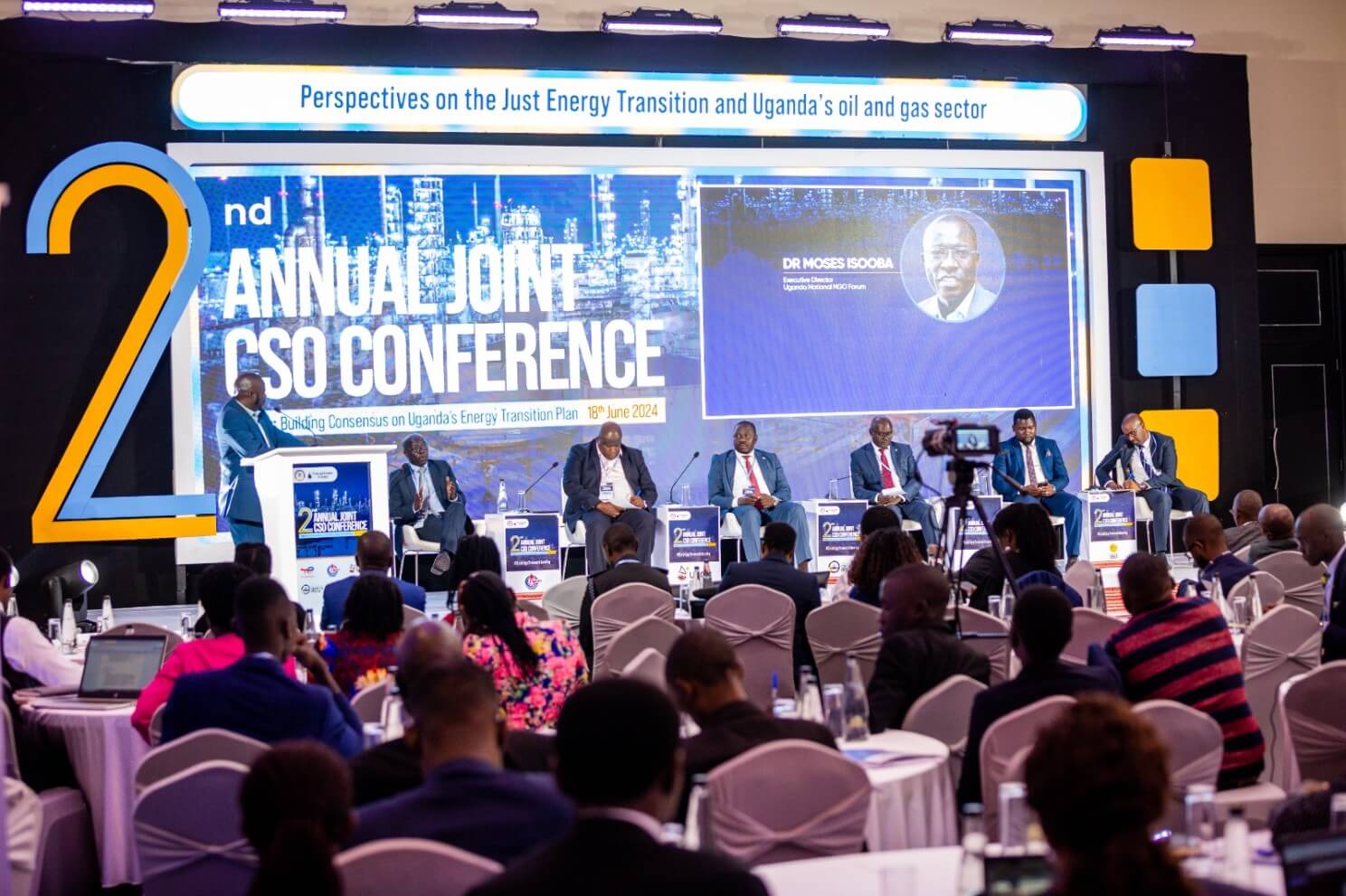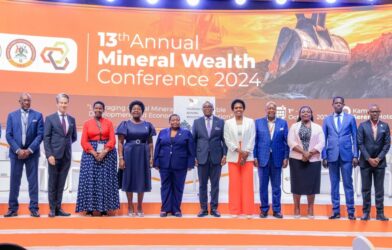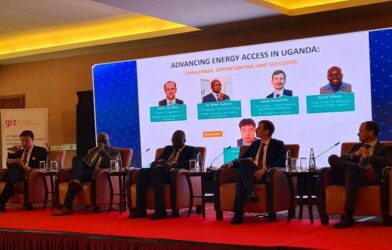The 2nd Joint Annual CSO (Civil Society Organization) Conference was recently held at the Mestil Hotel in Kampala, organized by the Ministry of Energy and Mineral Development, the Petroleum Authority of Uganda, CSOs, NGOs, TotalEnergies Uganda, EACOP, UNOC, and CNOOC.
The conference, themed “Building Consensus on Uganda’s Energy Transition Plan (ETP),” brought together key stakeholders to discuss the country’s pathway towards universal energy access, economic growth, and greenhouse gas emissions reduction. Irene Bateebe, Permanent Secretary of the Ministry of Energy and Mineral Development, emphasized that the ETP outlines “technically feasible alternatives” to accelerate Uganda’s energy transition.
John Bosco Habumugisha, Deputy Managing Director of EACOP, participated as a panelist and highlighted the company’s commitment to ongoing engagement with civil society. He discussed the advanced technologies being utilized in the EACOP pipeline construction, including SCADA systems and design innovations to virtually eliminate the risk of significant leakage or failure. Habumugisha also noted EACOP’s environmental sustainability initiatives, such as biodiversity offsets, tree planting investments, and powering the pipeline with 100% renewable energy.
Philippe Groueix, General Manager of TotalEnergies UG, emphasized the company’s focus on decarbonized power sources, including solar and natural gas, as part of their overall energy transition strategy. He mentioned plans to promote clean cooking through the production of over 120,000 metric tonnes of LPG.
Twesigye Bashir, Chairperson of the Civil Society Coalition on Oil and Gas Uganda (CSCO), stressed the importance of a just, equitable, and transparent energy transition, calling for open information sharing between industry players and stakeholders.
Gilbert Kamuntu, Chief Commercial Officer of UNOC, highlighted the organization’s initiatives to address greenhouse gas emissions, such as planting 40 million trees and adhering to ESIA policies for all projects. He emphasized that Uganda’s petroleum projects remain essential for the country’s economic development.
The 2nd Joint Annual CSO Conference provided a crucial platform for open dialogue and consensus-building on Uganda’s energy transition, bringing together government, industry, and civil society to shape a sustainable and inclusive energy future for the country.














Comments are closed